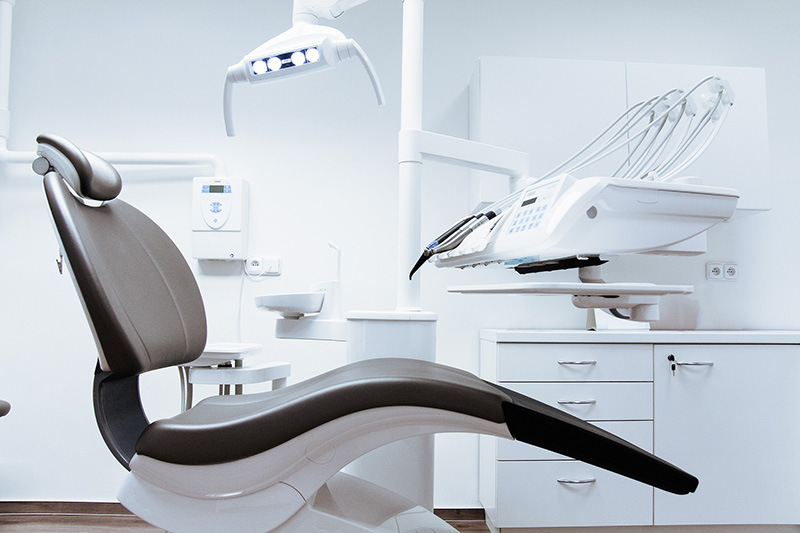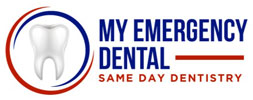Understanding the Side Effects of Dental Anesthesia
When you visit the dentist, you have a few anesthesia options to help you get through an appointment. Given your medical history, the type of surgery or procedure, and other factors, anesthesia can cause a range of side effects, of which you should be aware. We are happy to discuss anesthesia side effects with you before an appointment and understand the side effects of recovery.
Which Type of Anesthesia Is Best for Dental Procedures?
Anesthesia prevents you from feeling pain during your dental procedures, but there are several types to choose from depending on your needs. We often recommend the simplest form of anesthesia, but we understand that certain patients need a little more assistance.
For some patients, using nitrous oxide gas, commonly referred to as laughing gas, is enough to calm their nerves and avoid minor discomfort. Other times, patients need stronger anesthesia given their medical status or other extenuating circumstances.
The most common types of anesthesia are local, regional, and general.

Local Anesthesia for Dental Procedures
Local anesthesia is the most common type used during dental procedures. It can numb the area where the dentist needs to work without allowing the medication to spread to other parts of the body. Most people who have been to the dentist for a dental procedure have had local anesthesia at some point.
Regional Anesthesia for Dental Procedures
Regional anesthesia tends to numb an entire region of the body. In the case of a dental procedure, the patient often has one side of the mouth numbed so the dentist can work in multiple places. Regional anesthesia is also helpful during root canal surgeries or implants when the pain could spread to other areas of the body relatively easily.
General Anesthesia for Dental Procedures
Dentists will give general anesthesia to help the patient “go to sleep” during a procedure. This type of anesthesia is usually administered through an IV, and it must be carefully monitored to ensure that the patient remains asleep without giving them too much anesthesia. In these cases, the dentist often brings in an anesthesiologist to control the level of medicine provided.
Common Side Effect for Dental Anesthesia
When you complete a dental procedure, you might suffer from a few anesthesia side effects depending on the type of anesthesia used. You should take these side effects seriously so that you can recover safely. At times, you may be asked to wait in a recovery room before going home. Other times, you may need to bring someone with you to the procedure so that they can drive you home.
Local anesthesia’s side effects include:
- Light dizziness
- Minor confusion
- Itching near the injection site
- Soreness near the injection site
Regional anesthesia can have more intense side effects, which include:
- Drowsiness upon waking
- Nausea and vomiting
- Headaches
- Dry mouth
- Sore throat
These side effects tend to go away within about a day, and you should report any advanced or progressive side effects to your anesthesia dentist as soon as possible.
General anesthesia is safe and effective, but it also produces the most side effects since you are entirely unconscious for a more extended period. General anesthesia side effects include:
- Confusion and memory loss
- Sore throat
- Chills or shivering due to reduced body temperature
- Muscle aches in the days after surgery
How to Combat the Side Effect of Dental Anesthesia
While you may feel the need to go home and climb in bed, allow the dental care team to help you recover in the office before going home. If you need pain medication, ask the dentist which types of medication are safest. You do not want to seek pain relief and cause more problems by using something that might induce further vomiting or nausea.
If children require anesthesia for dental procedures, the recovery process takes longer, and they tend to be more confused because they do not understand what has occurred. We encourage parents to wait with their children in the office until they feel comfortable going home.
Contact My Emergency Dental for More Information on Dental Anesthesia Side Effects
You can call My Emergency Dental at 470-523-8118 for assistance or schedule an appointment online. We are happy to discuss the types of anesthesia we use, their side effects, and how they will impact your dental care. Located off Lower Roswell Road near Johnson Ferry Road, we are happy to help dental patients in Marietta, Roswell, Sandy Springs, Woodstock, Alpharetta, and beyond.
